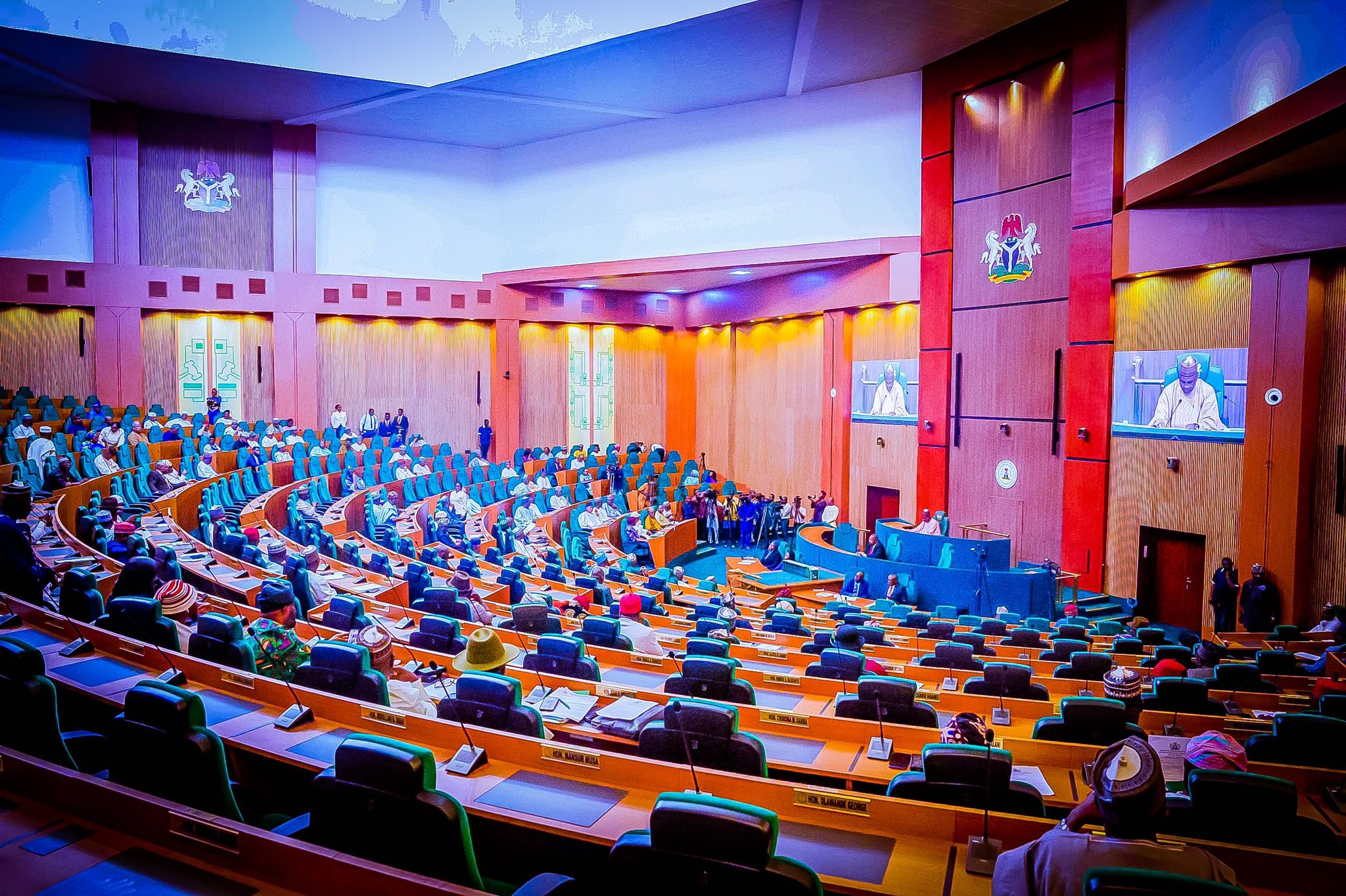The Nigerian government has denied that it intends to impose a $500 tourism tax on diaspora nationals returning home during the festive “Detty December” period.
According to MO Africa Company Limited, Lagos hotels earned ₦54 billion in December 2024. Socialite Dokun Olumofin suggested the tax in a letter to Tinubu, claiming it would benefit the nation’s finances.
However, responding, Abdur-Rahman Balogun, Director of Media, Public Relations, and Protocols Unit at the Nigerians in Diaspora Commission (NIDCOM), said the government considered the proposal “counterproductive.”
He said the suggestion from one Chief Dokun Olumofin of MO Africa Company was also “ill-advised and potentially exploitative.“
Balogun added, “Such advice will discourage many Nigerians planning to come home. It will mitigate the efforts of the Diaspora Commission in encouraging the Diasporans to visit home, invite others, and invest.”
He noted that diaspora remittances in 2024 were the highest so far. “They have been investing massively in various sectors of the economy,” he said. The ₦54 billion earned by Lagos hotels in December 2024 is part of the Nigerian economy. “Why tax Nigerians coming to their country for various reasons and promoting their country positively?” Balogun asked.
NiDCOM sees the advice as a move to damage the government’s image and revenue streams. “Its enforcement will pave the way for corruption,” Balogun warned.
The Commission believes the government doesn’t need direct tax as it already earns through indirect taxes on visitors. “The role of government in providing critical infrastructure, such as security and ease of transportation, should be encouraged and sustained,” Balogun said.
NiDCOM urges the government to provide an enabling environment for the diaspora to return home and invest.
The Commission commended Lagos state for creating a world-class environment for Diasporans and tourists and projects growth in numbers.
“It is pathetic that while the world is lowering barriers to attract more inflows and tourists, Chief Olumofin suggests increasing costs and raising barriers for Nigeria,” Balogun concluded.
Lagos, Nigeria’s commercial capital, appears to be one of the safest states in the country, mostly ravaged by terrorism, banditry, and local crimes.
Comment, Like 👍, share this article, and Follow us on our social media handles.








